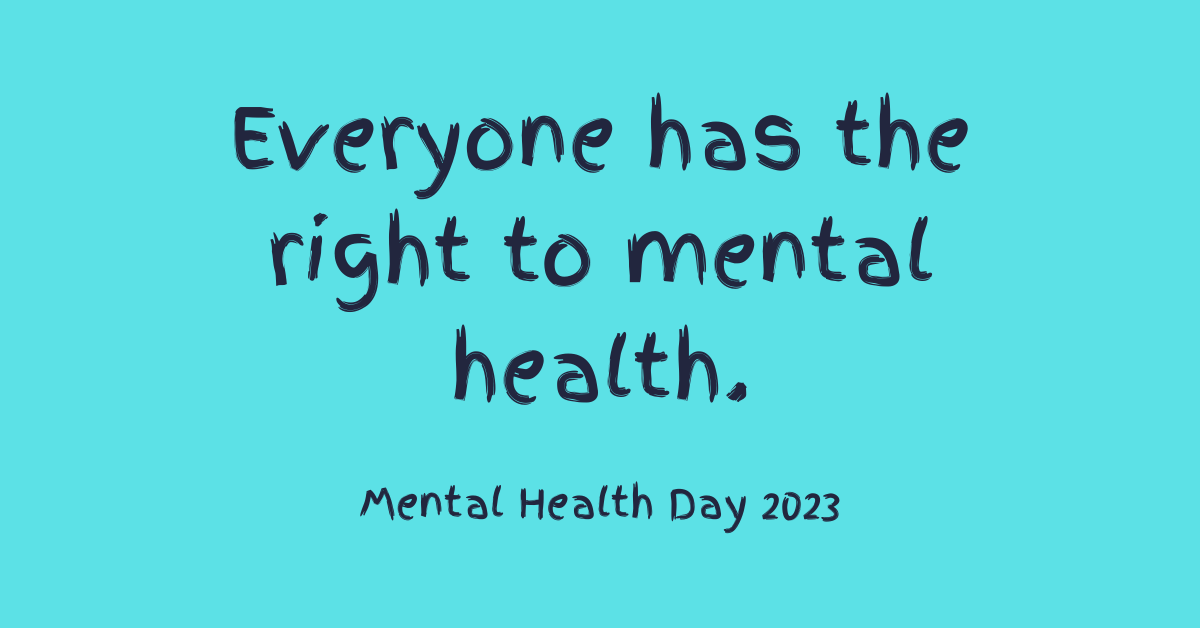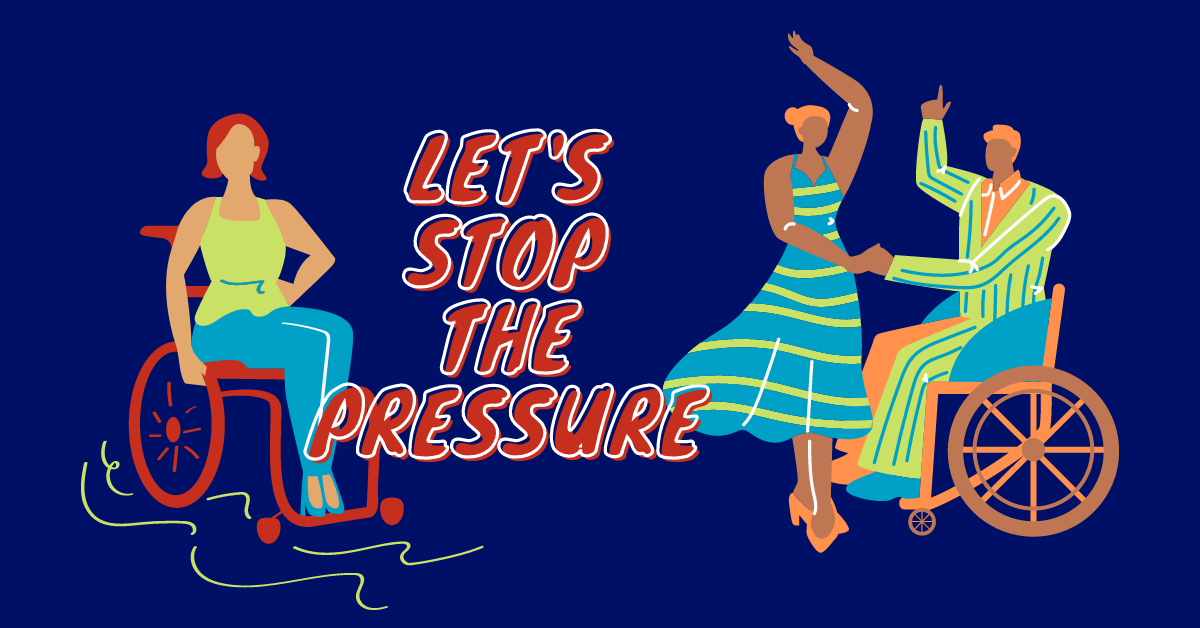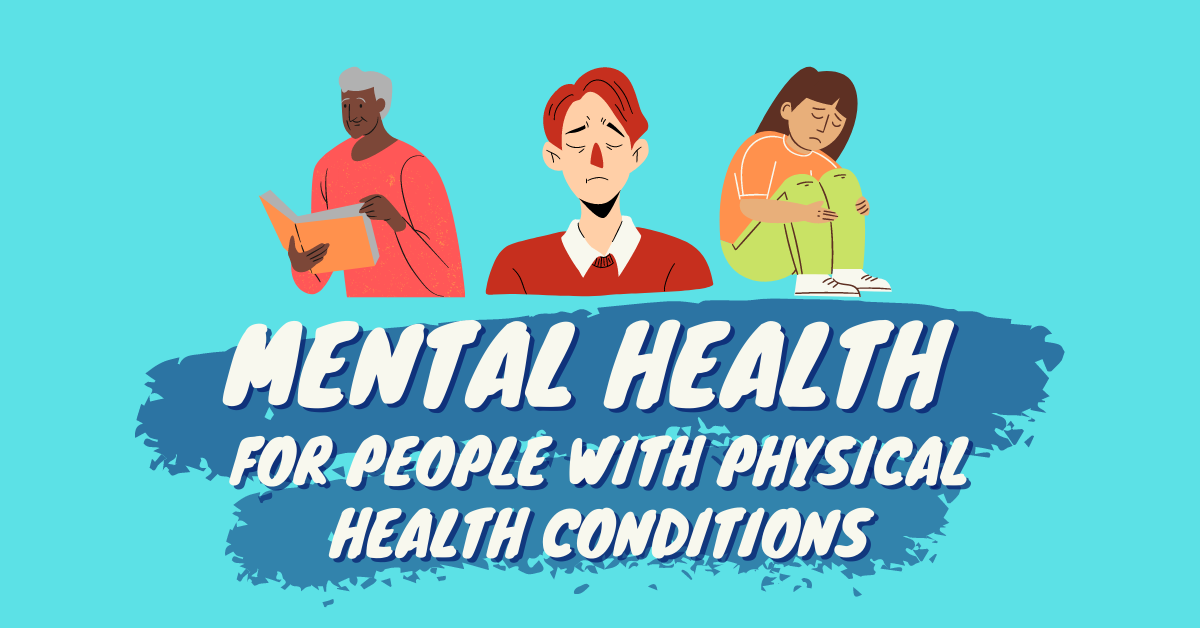Today is World Mental Health Day. We're all thinking about the mental health crisis in…
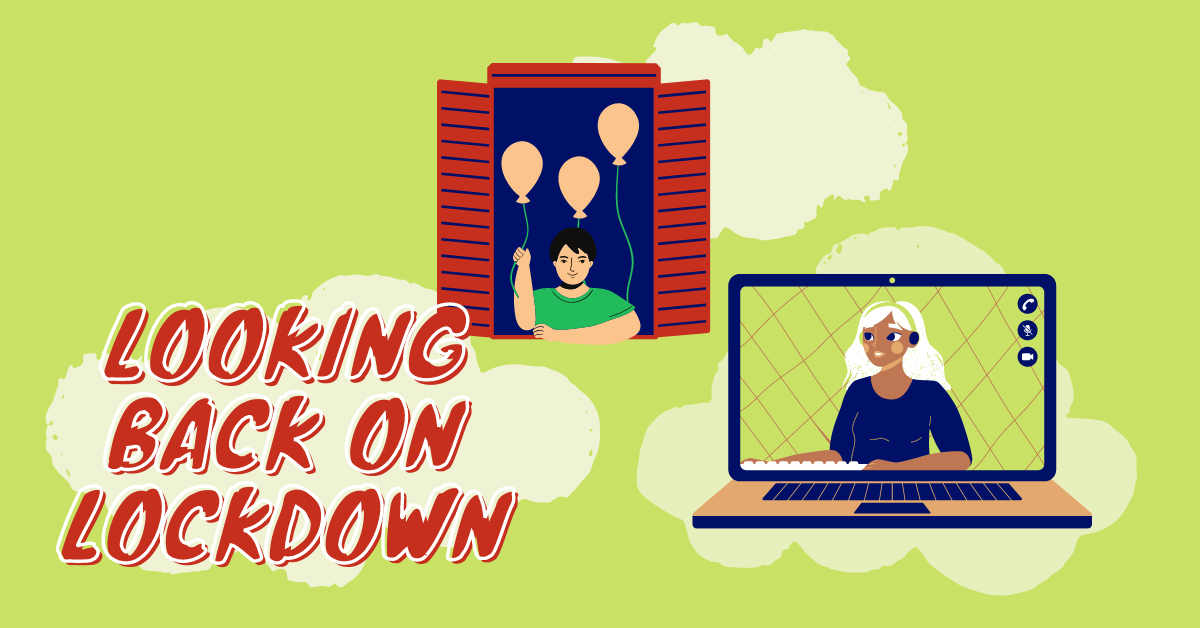
How Has Lockdown Affected People with Disabilities?
Now that lockdown is easing, we need to have conversations about the inequalities experienced by people with disabilities over the last year. The pandemic hasn’t affected everyone in exactly the same way. You might have heard people say that “we’re all in the same boat”. However, that’s not really the case. We’re all experiencing the same storm, but we’re in different boats. People with disabilities, along with their carers, have to deal with extra stress and responsibilities compared to everyone else.
Thankfully, some people are asking these important questions. Their research shows that the big ways people with disabilities were affected by the lockdowns were:
- Lack of access to medical and social care
- Lack of social contact and opportunities
Lockdown reduced access to care
In September 2020, half of people with disabilities said that they were receiving less medical attention for their conditions. We all know about the amazing job that the NHS and its staff have been doing throughout the pandemic. However, it’s important to highlight the impact of cancelling routine procedures and appointments on people with complex health conditions. A lot of people’s health has declined during the pandemic for non-Covid reasons.
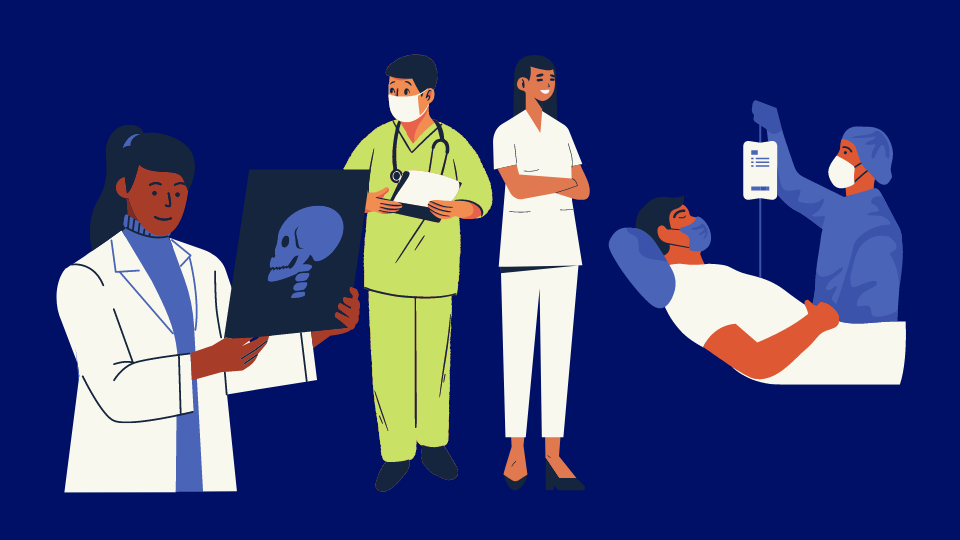
On top of this, a great deal of home care visits and school timetables were stopped or reduced during lockdown. We know that people have reported much lower satisfaction with their care plans than before the pandemic. This has increased the workload on family and other unpaid carers, impacting their ability to do their jobs and creating added stress.
Lockdown increased social isolation
Many people with disabilities would regularly attend social activity groups, such as Stay and Play, Crafternoons and day trips put on by SHASBAH. Lockdown put a stop to these activities, which had a big impact on our members’ social contact. This plus the fact that so many people with disabilities had to completely shield themselves for most of the year caused a big increase in loneliness. You can understand why people with disabilities reported a bigger impact on wellbeing than people without health conditions.
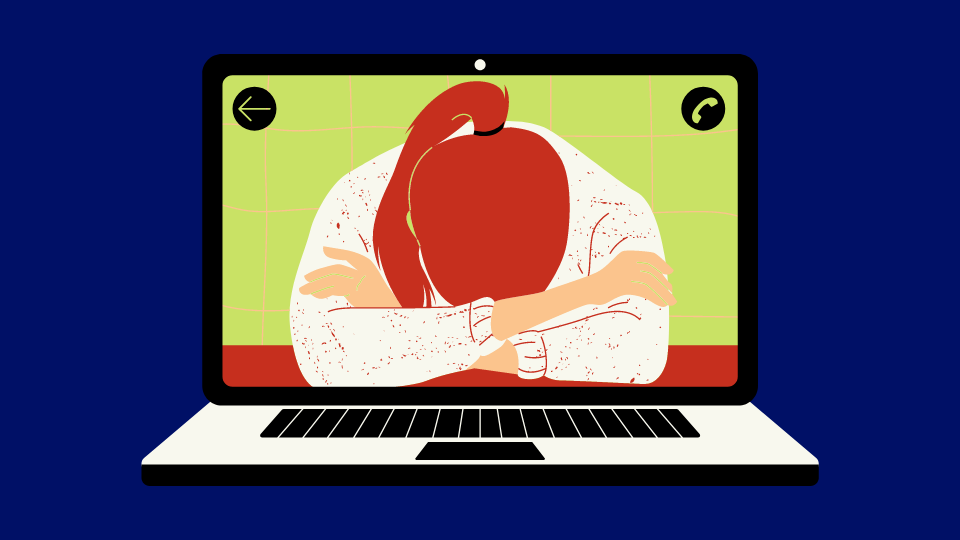
Struggling to leave lockdown?
We know from speaking to our members that coming out of lockdown also has its challenges. In particular, people who have been shielding are feeling anxiety or reluctance around leaving the house and socialising. This is because of a wide variety of reasons. It’s important to be undersrtanding that people may need time to adjust to the relaxed restrictions. At SHASBAH, we want to be an encouraging voice when getting out of the house is hard, and a friendly face when we do meet up in person. We have plenty of upcoming events, many of which are taking place outside, but we are also continuing with our welfare calls. For more information and advice about navigating lockdown easing, see this article by Mind, the mental health charity.
These issues, and many more, combine so that people with disabilities have felt forgotten about or neglected during lockdowns. Many people still feel that way. We can’t ignore this. For advice or support, contact SHASBAH at 07752665411 or info@shasbah.co.uk. To read more about the effects of lockdown and how we can build back better, see Scope’s ‘We Won’t Be Forgotten’ campaign.

